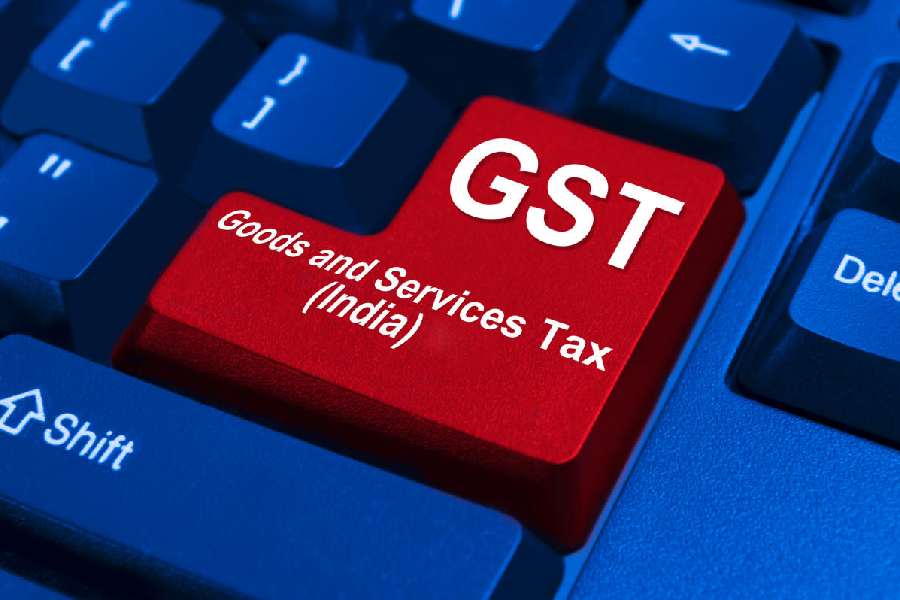In a move likely to hit construction and leasing industries, the Goods and Services Tax (GST) Council has proposed a retrospective amendment to a law that effectively overturned a recent Supreme Court decision that allowed businesses to claim tax credits on construction costs for rental properties.
The amendment, retroactive from July 1, 2017, aims to rectify what the government has termed a “drafting error” in the Central Goods and Services Tax (CGST) Act. It seeks to replace the phrase “plant or machinery” with “plant and machinery” throughout the legislation, aligning it with the terminology used elsewhere in the tax code.
In October, in a landmark ruling in favour of Safari Retreats, the Supreme Court expanded the definition of “plant or machinery” under GST. The court held that businesses could claim tax credits for buildings constructed for specific business needs, provided they met a functionality test. This decision was widely celebrated in the commercial leasing sector, as it promised to reduce costs and stimulate investment.
The GST Council’s decision to nullify the Supreme Court ruling has drawn sharp criticism from tax experts and industry leaders. Gyanendra Tripathi, a partner at BDO India, denounced the retroactive nature of the amendment, stating, “Many companies, relying on the Supreme Court decision, had claimed ITC for immovable properties qualifying as plant. Now, all such claims must be reversed. The industry will view this change as regressive, and it could face legal challenges.”
Saloni Roy, a partner at Deloitte India, echoed these concerns, noting that the Supreme Court ruling had established a broader, functionality-based interpretation of “plant and machinery,” which was welcomed by businesses. “This decision by the GST Council will force companies to reassess their positions. The optimism the Safari Retreats ruling generated has been short-lived,” she said.
Abhishek Jain, Indirect Tax Head & Partner, KPMG, expressed concerns about the constitutionality of the retrospective amendment, given that similar retroactive measures have been challenged in the past. He also noted that the outlook for tax credits may still be favourable in certain cases, such as construction for own use and pre-fabricated buildings.
Gourav Sogani, Partner at Economic Laws Practice, warned that the retrospective amendment would deliver a significant blow to the real estate sector, particularly businesses involved in constructing and leasing commercial properties. He emphasized that the Supreme Court’s judgment aligned with the core principle of minimising the cascading effect of taxation within the GST framework.
The Supreme Court had previously established a functionality test to determine whether a construction project qualifies as “plant” under GST. This test allowed for the inclusion of properties built for specific business needs, while excluding certain categories like hotels and cinema theaters based on prior Income Tax rulings.
The amendment is expected to have substantial financial repercussions for businesses that had already claimed ITC on construction-related expenses. They may now be required to reverse these credits, leading to increased costs. Analysts warn that this decision could dampen investment in commercial real estate, particularly in leasing operations where companies had anticipated utilizing tax credits to offset construction costs.
The Chairman of the Central Board of Indirect Taxes and Customs acknowledged an inconsistency in the law, noting that the term “plant and machinery” appeared 11 times in the GST Act, with only one instance of “plant or machinery.” “The error has been corrected retrospectively to align the language with the intended meaning.”
Experts predict the amendment will face legal challenges, setting the stage for debates over its validity and implications for the tax ecosystem.











